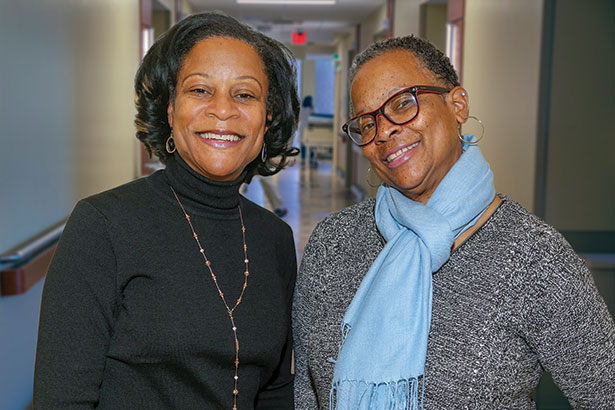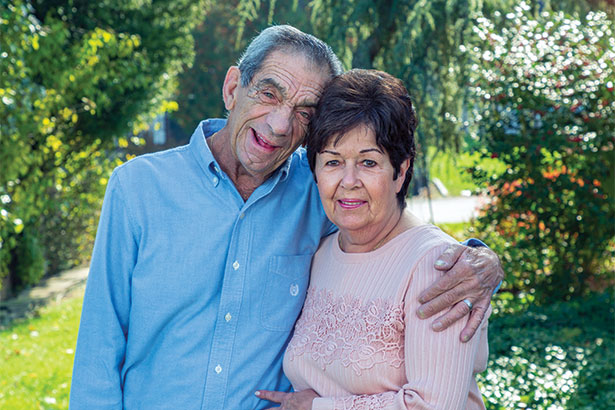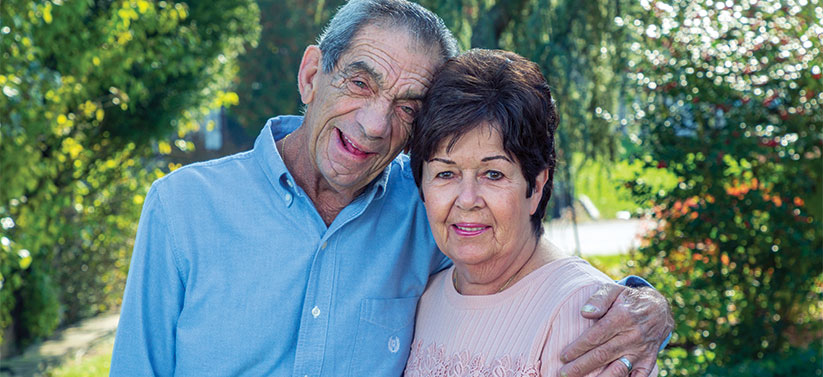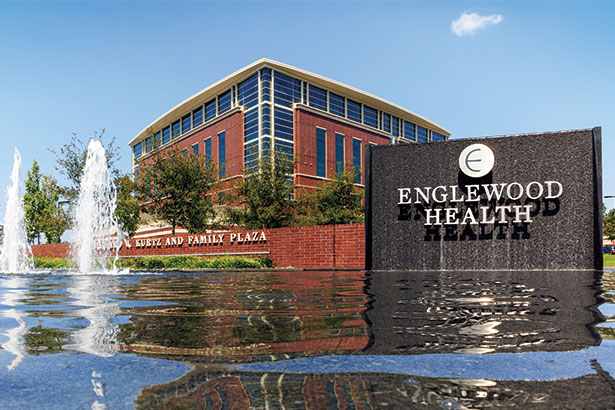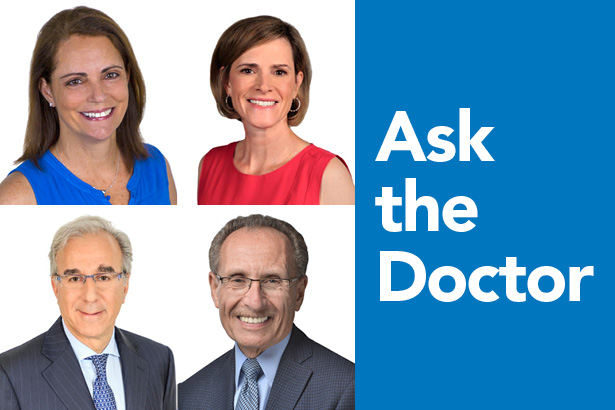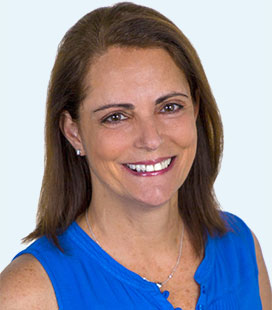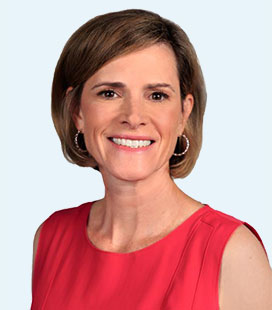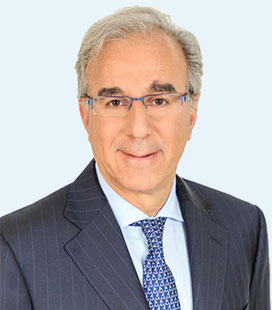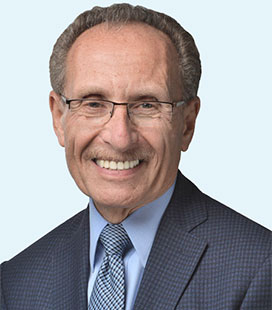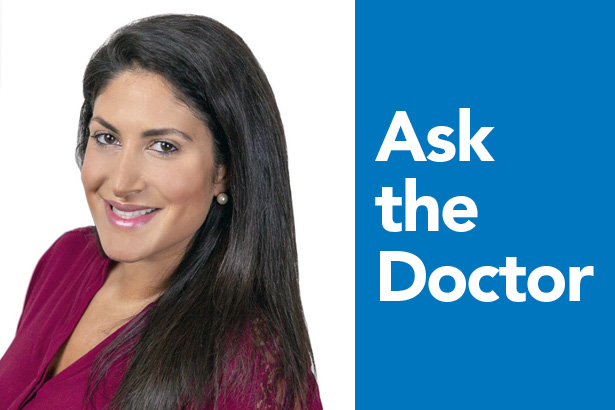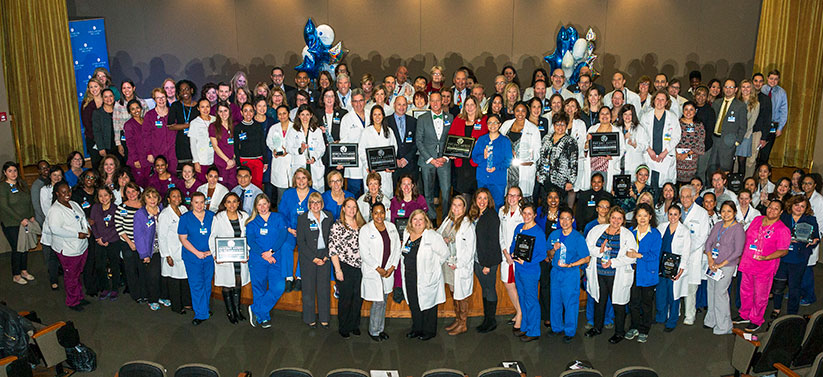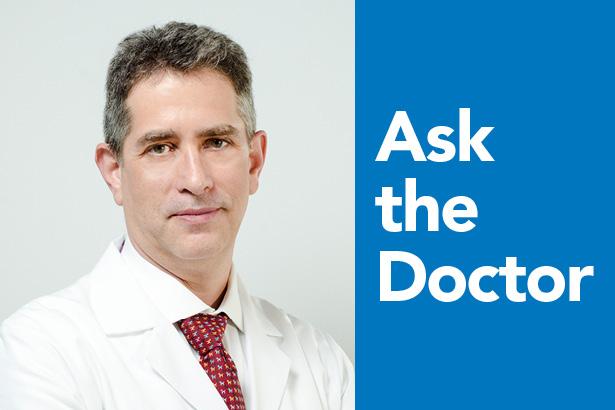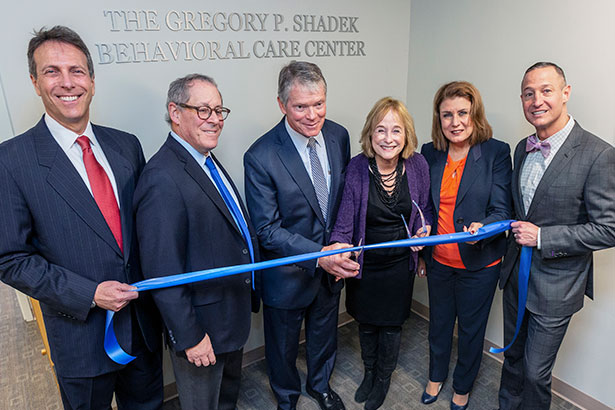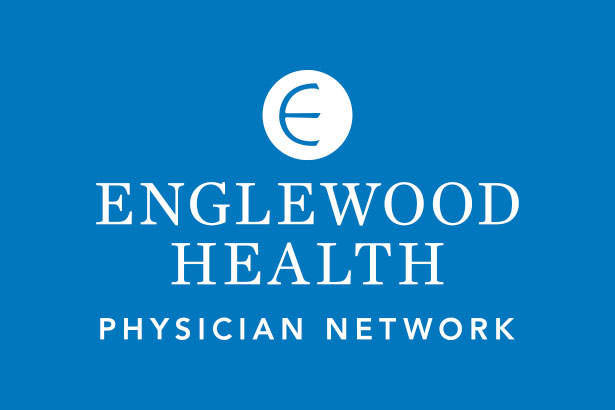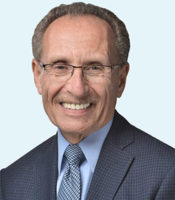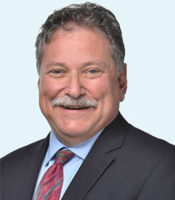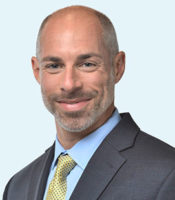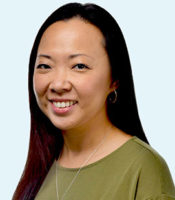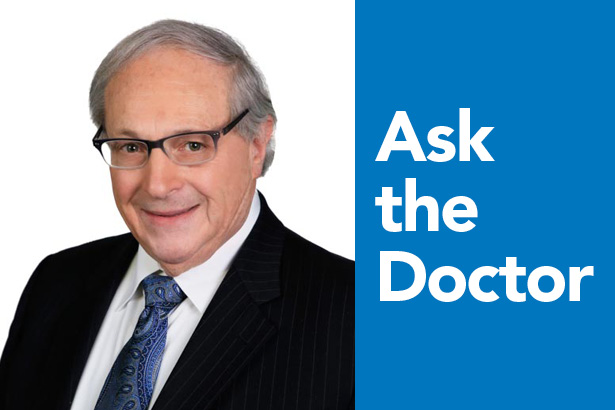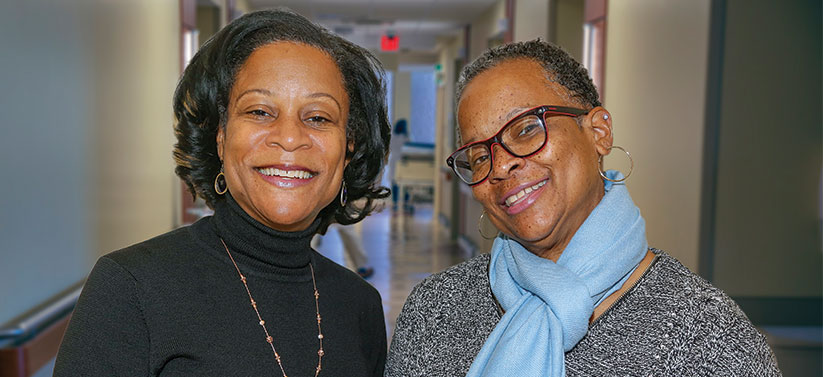
For Wanda Faulk, the hardest part of cancer treatment came on the day she went to her salon to get her hair done for a wedding she was attending the following afternoon. During the appointment, her beautician suddenly emptied out the salon — telling everyone else to go get some food — then pulled Faulk aside and told her that her hair was falling out in chunks. This was a devastating blow to Faulk, who, before treatment, got her medium-length hair done almost every week.
“My mother and sister came to the salon. We cried together for a while, but then I told my beautician to just cut it and we went to Paterson to get a wig. The next day at the wedding, no one was the wiser,” Faulk says.
Faulk had had leakage in her breast and was referred to V. Merle McIntosh, MD, chief of breast surgery. “Upon further screening, she determined I did in fact have breast cancer,” she says.
Faulk underwent chemotherapy and a mastectomy. On the day of her surgery, Dr. McIntosh walked with her to the operating room — a gesture that she remembers and appreciates to this day.
It’s been several years since she finished cancer treatment at Englewood Health. As a long-time breast cancer survivor, she is the person to whom the women in her life turn when they are faced with the same diagnosis. She offers them the understanding that only a fellow woman who has contended with breast cancer can provide. Faulk imparts everything she learned during treatment, and in the years since.
“My treatment was exemplary. Everyone treated me well, from the ER nurses to the cafeteria staff. I refer everyone I know to Dr. McIntosh. My sister received treatment from Dr. McIntosh and so is my friend who was just diagnosed three months ago,” Faulk says.
When Wanda Faulk’s sister, Terri Faulk, was diagnosed just after her 50th birthday, she was shocked and frightened and experienced all the emotions one might expect — but she also had the benefit of having witnessed her sister go through it and survive.
“I’d like to think I was a good example of how not to fall apart. Terri had six-plus weeks of radiation done and, like was the case with me, the team at Englewood treated her extremely well. She made many friends there. They even played Marvin Gaye for her during treatment.”
As for herself, Wanda Faulk has chosen not to grow out her hair since treatment. She keeps it short because, as she explains, she is a changed woman and isn’t going back to who she was before.
Posted January 4, 2019

